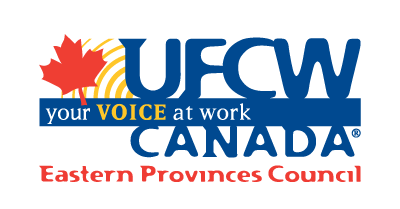Union 101
A union is a collective effort by workers under a shared employer to:
- win what they want;
- stop what they don't want;
- do anything else the workers decide they want to do.
Here are a few other fundamental you should know about unions:
Solidarity
Solidarity is the collective understanding among workers that they have shared goals that can only be won if they work together. Solidarity is the source of any union’s power.
Collective Bargaining
Collective bargaining is the process where a union negotiates with an employer about changes to the working conditions of a workplace. The result of collective bargaining is a collective agreement, or union contract, which is legally binding and can be enforced through a grievance procedure.
Strikes
A strike is a collective refusal to work made by a group of workers in response to an employer’s refusal to collectively bargain in good faith. Every strike requires a majority of workers to vote in favour of going on strike. Strikes outside of contract negotiations or in response to sudden events are called “wildcat” strikes.
Grievances
A grievance is a complaint filed by a unionized worker against an employer in response to a violation of a collective agreement. Successful grievances either lead to a settlement between the worker and employer, or to a legal order from arbitration.

